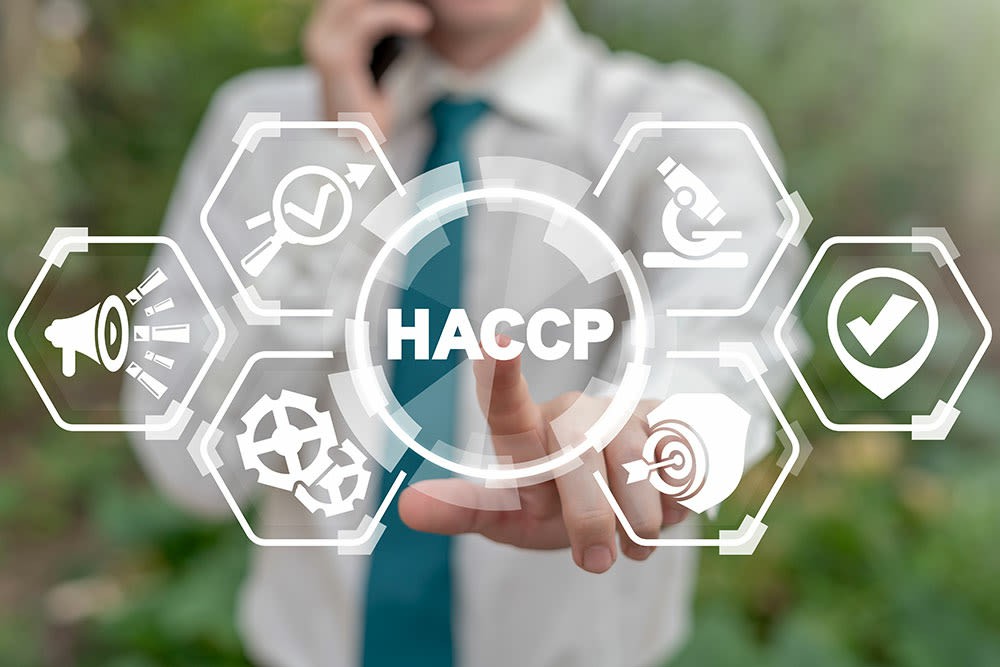


 349,500 Offered Certificates
349,500 Offered Certificates
 24/7 Online Training
24/7 Online Training
 Money Back Guarantee
Money Back Guarantee
 Fully Accredited Courses
Fully Accredited Courses

Created at: 26-02-2025 12:53
In Ireland, food safety is a critical concern that impacts public health and business operations across various sectors, including restaurants, catering, and food manufacturing. Understanding the importance of HACCP (Hazard Analysis and Critical Control Points) certification is vital for any food business in cities like Dublin, Cork, Galway, Limerick, Waterford, and Belfast. This article delves into why HACCP training is not just a regulatory requirement but an essential component of a safe food environment.
HACCP is a systematic approach to food safety that identifies and evaluates hazards at every stage of food production, from raw materials to consumption. It integrates preventive measures rather than relying solely on end-product testing. In the context of food safety in Ireland, HACCP is paramount, guiding businesses in maintaining hygiene, reducing risks, and ensuring food quality.
Irish food safety legislation mandates that businesses implement effective food safety management systems based on HACCP principles. These include:
Failure to comply with these regulations can result in severe penalties, including closure or prosecution. Hence, obtaining HACCP certification is crucial for legal compliance, particularly for establishments such as cafes, restaurants, and food production plants.
Obtaining HACCP certification not only fulfills legal requirements but also provides a multitude of advantages:
The core principles of HACCP include:
The journey to HACCP certification involves the following steps:
Given the evolving education landscape, businesses can choose between online HACCP training and traditional in-person courses. Here are some factors to consider:
Food businesses often make critical mistakes in HACCP implementation:
Understanding and mitigating these pitfalls will enhance compliance and safeguard public health.
Demonstrating commitment to food safety creates a positive image and enhances trust among customers. Establishments with HACCP certification attract more clientele, leading to improved sales and customer loyalty.
For food businesses in Dublin, Cork, Galway, Limerick, Waterford, and Belfast, HACCP certification is not just a legal obligation; it is a commitment to excellence in food safety. By investing in HACCP training courses, you are taking proactive steps to ensure compliance, improve risk management, and protect public health.
If you're ready to elevate your food safety practices, contact us at [email protected] today for more information on our HACCP certification courses.